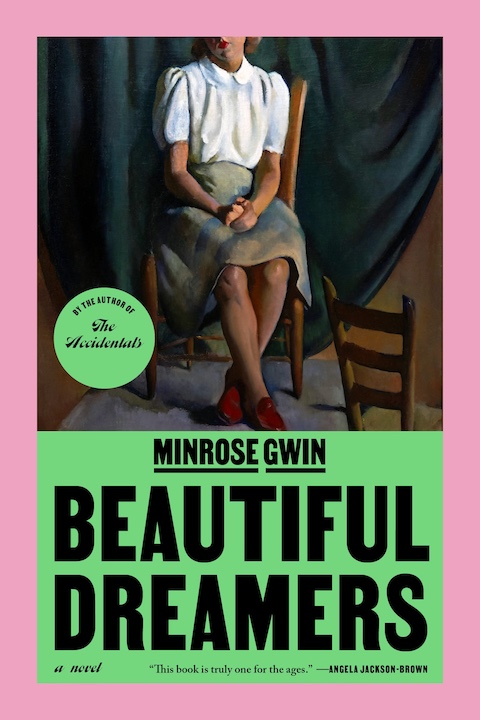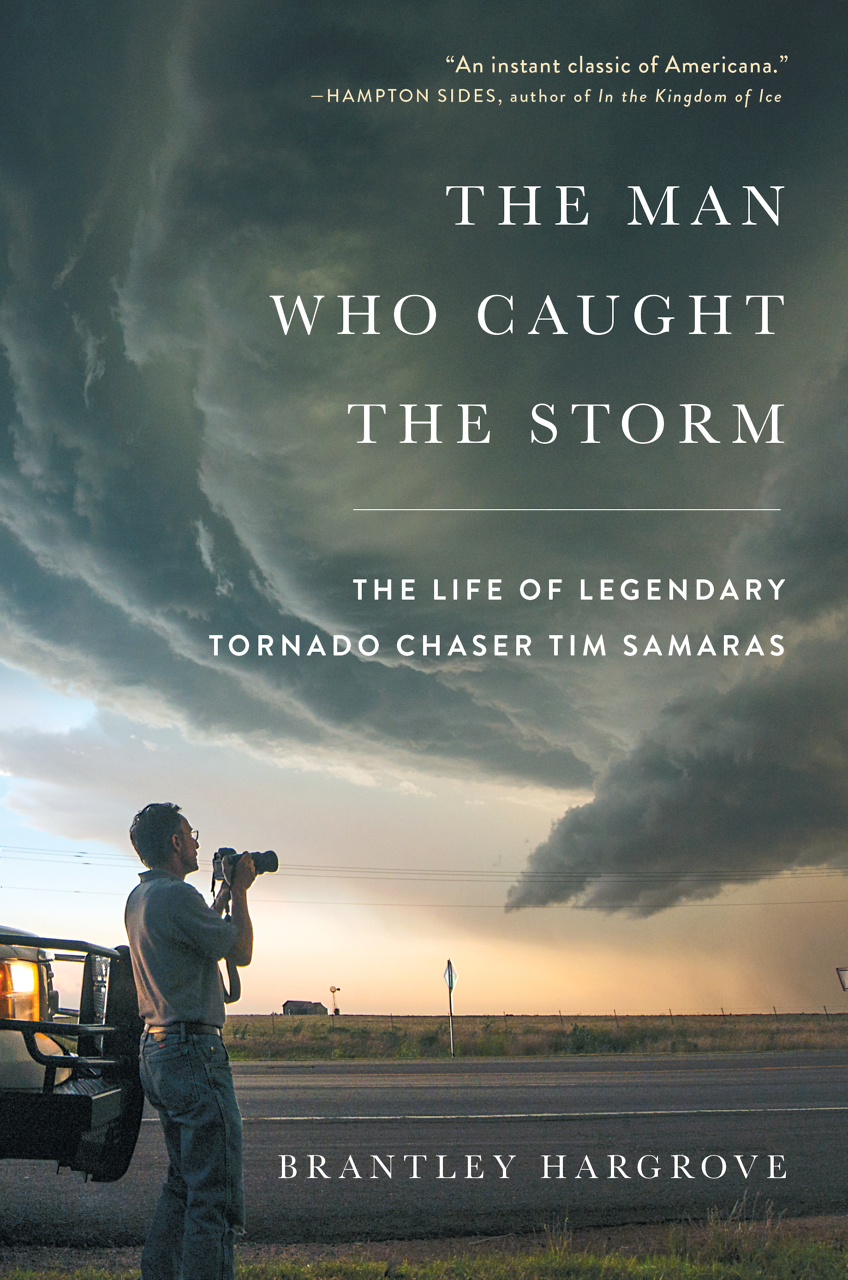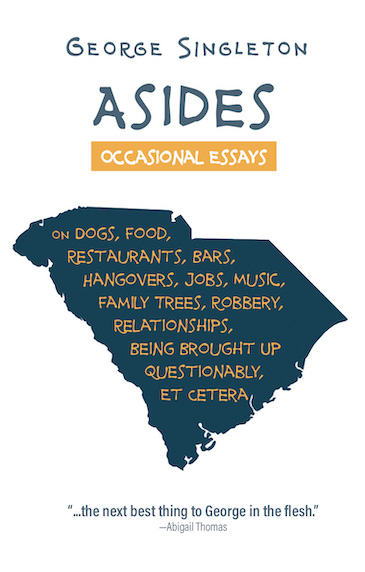Writing and Religion
Belle Boggs’ novel The Gulf is a wry takedown of the for-profit school scene
Smug New York liberal assurance meets cynical Southern corporate evangelism in Belle Boggs’ first novel, The Gulf. The setting for this collision of cultures is a writing school for Christians, thrown together in an abandoned motel on a beach near Sarasota, Florida. What could go wrong?
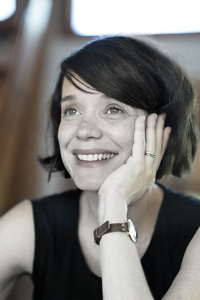
The unlikely founder of the Genesis Inspirational Writing Ranch is Marianne Stuart, a poet in her mid-30s who has been living in a crummy apartment in New York City, facing the cold truth that poetry will never pay her rent. Marianne’s ex-boyfriend, Eric, a novelist she met in graduate school at NYU, faces a similar reckoning with the precarious nature of writing for a living. He convinces Marianne to join him in a venture envisioned by his great-aunt, who has given him the deed to the beachside motel property. Marianne had joked with Eric in the past that taking tuition money from aspiring Christian poets and novelists might be a way to pay off student loan debt. She soon learns you must be careful what you joke about.
Marianne is an alternately endearing and irritating aggregation of self-defeating impulses. Her mother died of cancer when she was 17, and she hasn’t recovered from her grief. Though she grew up in small-town Virginia, she has adopted a New Yorker’s anti-Southern bias. She’s secular, pro-abortion, and pro-environment, but she agrees to set up a Christian school on the Florida Gulf Coast where her sensibilities are not the norm. Eric had proposed to her a few years earlier, and she accepted him one night, then returned the ring the next morning — but he’s still her best friend, and she’s thinking a joint venture running the school will reboot the romance.
Alone at the motel, she vets applications, chooses the members of the first Ranch class, oversees a property upgrade, and begins taking the project seriously. But there’s an undertow Marianne only slowly detects. Great-aunt Frances recedes into the background as the school’s proprietor, and a corporate entity called God’s World God’s Word (GWGW) begins to assert its influence. It’s an aggressive organization that runs for-profit schools, teaching such disparate subjects as hairstyling, nursing, social work, and medical billing. (“A Christian medical billing school?” Maryann asks incredulously.) Operating mysteriously in the background is Eric’s brother, a stockbroker in New York.
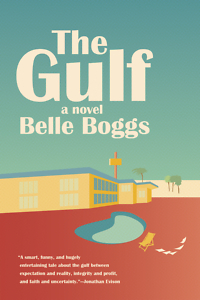 Marianne’s growing doubts are countered by her emotional investment in her creation. She’s the one who chose the students from the piles of applications that arrived on paper in “Easter egg colors, baby blanket colors, three-pack-of-panties colors,” some of them smelling “like talcum powder and others like a cloying, familiar perfume, many like menthol cigarettes.” She forms an attachment to this odd collection of aspiring writers, who range from a fallen R&B star to a home-ec-turned-life-skills teacher whose poems are written from the point of view of Terri Schiavo, the comatose woman at the center of a famous Florida right-to-die court case. The Ranch’s eccentric poetry teacher, who crosses out most of the lines in the poems her students submit, and the sleepwalking nonfiction teacher are Marianne’s picks and natural allies, too. Her showdown with GWGW is inevitable.
Marianne’s growing doubts are countered by her emotional investment in her creation. She’s the one who chose the students from the piles of applications that arrived on paper in “Easter egg colors, baby blanket colors, three-pack-of-panties colors,” some of them smelling “like talcum powder and others like a cloying, familiar perfume, many like menthol cigarettes.” She forms an attachment to this odd collection of aspiring writers, who range from a fallen R&B star to a home-ec-turned-life-skills teacher whose poems are written from the point of view of Terri Schiavo, the comatose woman at the center of a famous Florida right-to-die court case. The Ranch’s eccentric poetry teacher, who crosses out most of the lines in the poems her students submit, and the sleepwalking nonfiction teacher are Marianne’s picks and natural allies, too. Her showdown with GWGW is inevitable.
Boggs, who teaches in the M.F.A. program in creative writing at North Carolina State University, previously published the story collection Mattaponi Queen and a nonfiction book, The Art of Waiting: On Fertility, Medicine and Motherhood. Her first novel is a smart and funny reckoning with the great divide that’s making public life in America chaotic.
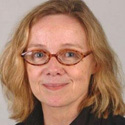
Formerly the books editor at The Commercial Appeal in Memphis, Peggy Burch is now the community engagement editor at The Daily Memphian and a member of the Humanities Tennessee Board of Directors. She holds a master’s degree in English literature from the University of Mississippi.
